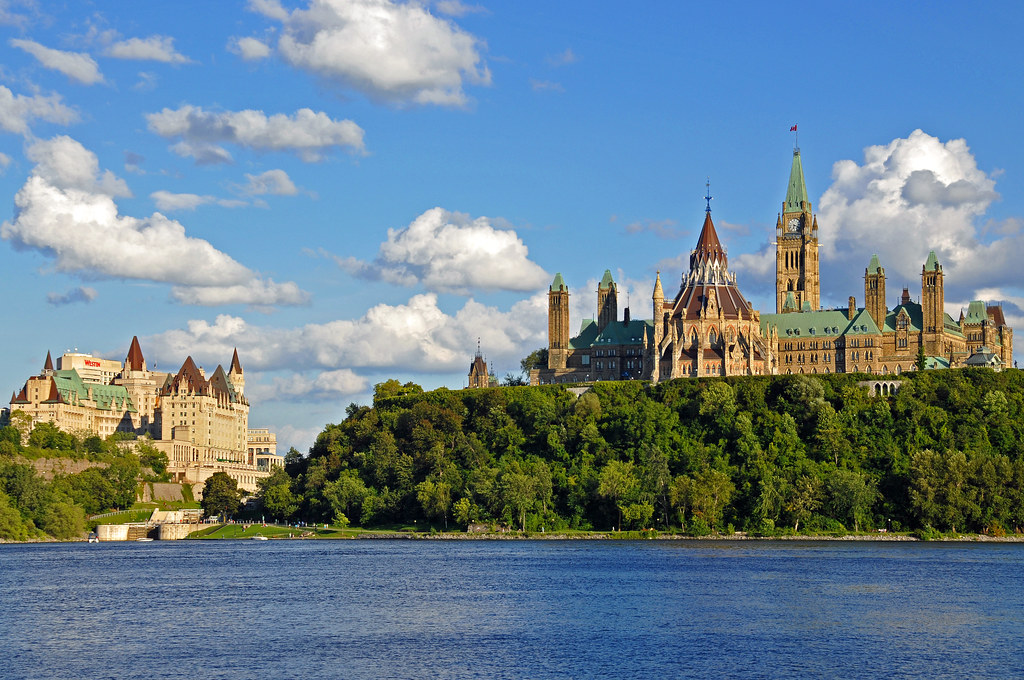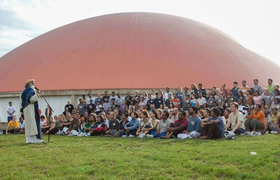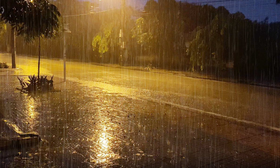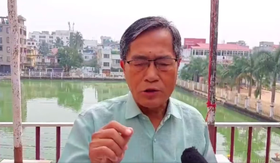As diplomatic tensions between Canada and India reach new heights, members of a parliamentary committee in Ottawa have called for an emergency meeting to address fresh allegations of Indian foreign interference. The Standing Committee on Public Safety and National Security will convene on Friday to discuss the recent developments that led to the expulsion of six Indian diplomats and consular officials, accused of involvement in a targeted campaign against Canadian citizens, particularly members of the South Asian community. This meeting comes amidst growing concern over the safety and security of the Indian diaspora in Canada, with many fearing potential visa restrictions and travel complications if the conflict escalates further.
At the center of the diplomatic dispute are allegations from Canadian intelligence agencies linking Indian government agents to the assassination of Hardeep Singh Nijjar, a prominent Sikh separatist leader, in Surrey, B.C. in 2023. Prime Minister Justin Trudeau has previously stated that there was credible evidence suggesting Indian involvement in the killing, a claim that has been strongly denied by the Indian government. Relations between the two nations have deteriorated ever since, with Canada recently escalating its response by expelling diplomats and investigating further allegations of Indian interference in domestic affairs.
The Royal Canadian Mounted Police (RCMP), which is investigating Nijjar’s murder, has reportedly gathered significant information on criminal activities allegedly orchestrated by agents linked to India’s government. According to senior officials, these activities include violent extremism, organized crime, and interference in democratic processes, with Indian agents allegedly targeting individuals who oppose the government of Prime Minister Narendra Modi. Among the victims are supporters of the Khalistan movement, a separatist campaign advocating for the independence of India’s Sikh-majority Punjab region.
The upcoming committee meeting is expected to focus on these allegations and the broader implications for Canadian-Indian relations. The political rift has caused uncertainty and fear among members of the Indian diaspora, including students and families, who are concerned about their ability to travel between the two countries. Some fear that visa suspensions or other retaliatory actions could be on the horizon.
India has continued to deny any involvement in Nijjar’s assassination or in the alleged campaign of interference. In response to Trudeau’s testimony at a foreign interference inquiry earlier this week, the Indian government claimed that Canada has provided no evidence to substantiate the serious accusations. India further accused Trudeau of using the diplomatic dispute for political purposes, while continuing to reject the allegations.
Despite India’s denials, Canadian authorities remain firm in their stance. Global News has reported that agents working from India’s high commission in Ottawa and consulates in Vancouver and Toronto have been implicated in dozens of violent crimes targeting opponents of the Modi government in Canada. These revelations have raised concerns about the extent of foreign interference and the safety of individuals within Canada’s South Asian community.
As the political landscape becomes increasingly fraught, Friday’s parliamentary meeting will be closely watched for further developments. The meeting may set the stage for future diplomatic or legal action and could play a pivotal role in determining how Canada proceeds in handling its relationship with India, while also addressing the broader issue of foreign interference in its domestic affairs. For many in Canada, the outcome could shape the future of diplomatic relations with India and have a lasting impact on the lives of those caught in the crossfire of this escalating international dispute.













Leave a Reply